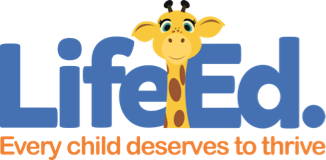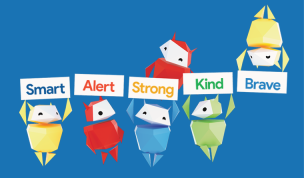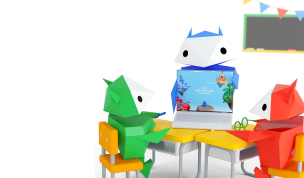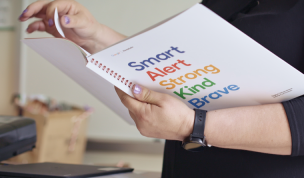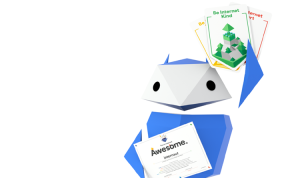Navigating conversations about puberty with your child

Preparing every child to be ready for the world begins with open, honest, and age-appropriate conversations about puberty and sexual health. As a parent, your influence is pivotal in shaping your child’s understanding and attitudes toward these topics. Engaging in these discussions not only reinforces the messages they receive through Life Ed’s Talk About It program, but also fosters a supportive environment where they feel comfortable seeking guidance.
Why discuss puberty early?
Children are entering puberty earlier, with the average age between 10 and 12 years. Early discussions can:
- Prevent Misunderstandings: Separating fact and fiction and correcting any rumours or false information they have heard from friends or read online
- Promote Safety: Educate them about consent and how to seek help, reducing the risk of sexual abuse
- Normalise the Conversation: Reduce stigma, making it easier for your child to approach you with questions as they grow
To effectively support your child, here are some easy steps to prepare yourself to navigate sometimes uncomfortable conversations.
- Learn as much as you can from factual sources. You can find more information from these sources on a range of relevant topics
- Arm yourself with back-up information and booklets
- Practice saying words that make you laugh. Being confident will make your child feel safe and understood
- Plan ahead for tricky questions with our tips below
- Aim for a friendly chat. Keeping the conversation casual, normalises the topic and will encourage your child to approach you with their questions again in future

Effective communication strategies:
When your child asks a question, it’s important to respond in a way that encourages open communication. For simple questions, try the following approach:
- Repeat the question: Clarify their curiosity by repeating the question back to them.
- Provide a clear answer: Give a simple, factual response.
- Check understanding: Ask them to explain it in their own words to ensure they grasp the information.
- Encourage further questions: Invite them to ask more without fear of judgement.
For more complex topics, start by finding out what your child already knows. This allows you to tailor your response to their level of understanding and correct any misconceptions they may have. If you don’t know the answer toa question, it’s perfectly fine to admit it. Turning it into an opportunity to find out together reinforces that learning is a lifelong process.
Tips for positive and productive conversations:
Staying calm and open is key to making these conversations positive and productive. Here are some additional tips:
- Listen without judgement: Allow your child to express their thoughts and feelings freely.
- Discuss values: Share your personal and family values in an age-appropriate way helps children understand different perspectives.
- Use everyday moments: Take advantage of natural opportunities such as watching TV or reading books together, to start discussions.
- Seek support: If you need additional guidance, there are plenty of expert resources available to guide you.
If you’re looking for more guidance on talking to your child about puberty, these resources may be helpful:
By following these strategies and tips, you can create a supportive environment for discussing puberty with your child. Remember, you don’t need to be an expert, and it’s okay to say “I don’t know.” What matters most is maintaining open and honest dialogue that encourages your child to approach you with questions or concerns.
The Talk About It puberty education module that Life Ed NSW, ACT, NT and SA teaches in schools encourages children to communicate with safe adults about personal development. Our Talk About It program equips students with helpful age-appropriate strategies to understand puberty and sexual health in their lives.
